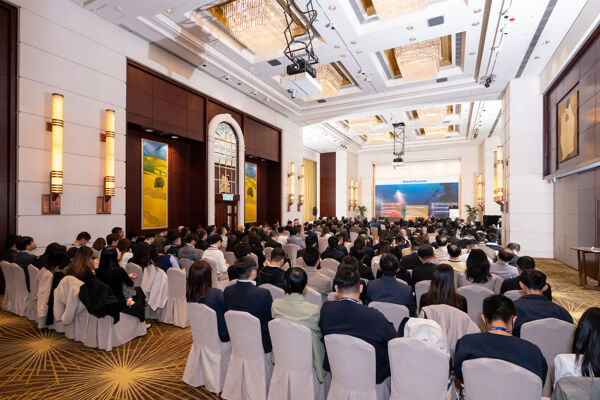
First I would like to start by thanking David Hancock, outgoing chair of the NEC User’s Group, for the past three years under his leadership. I hope I can live up to expectations and continue his legacy. Second, for my first editorial, I would like to focus on a key area in our industry – social value − and suggest to NEC users on how they can help to deliver all-important social value outcomes for their projects.
Social value legislation
While UK legislation on social value of public projects came into force nearly a decade ago, it is only more recently that we are seeing an increased focus and momentum on delivering social value to maximise the reach of public expenditure.
The Public Services Act 2012 requires publicsector buyers to consider how they could aim to secure social, economic and environmental benefits as part of their procurement. More recently, Procurement Policy Note 06/20 (Cabinet Office, 2020) introduced a new model fordelivering social value from January 2021. It encourages central government buyers to think differently about how they can secure social value from the goods and services they procure. As a result, social value has become a mainstream priority in delivery of public-sector projects – and NEC and its users are well placed to lead this. There are many social-value-related considerations, including creating opportunities for disadvantaged groups, delivering sustainable and healthy communities and mitigating climate change. And with the recent impacts of Covid-19 on labour, the social value outcomes of upskilling workforces and providing job opportunities have become more important than ever. But there need to be clear lines of sight between unique social value expectations and the reality of what suppliers are able to offer. Some key areas NEC users may wish to take into consideration to ensure social value is fully incorporated in their projects include the following.
Embedding social value
First, try to embed social value throughout every project, from concept to completion. For larger projects, consider producing a project-specific social value strategy at the outset, incorporating clear guidance on what is expected in the earliest pre-tender market engagement. Second, do not ask for everything. Early community engagement will enable you to tailor social outcomes, which will help you focus on what social value outcomes you require for your project and help to avoid you asking for everything. Consider for example what the key themes are for the local area, such as high unemployment rates or a large black, Asian and minority ethnic representation − the list can be long. Engage with local charities and social enterprises to find out what is important to them and build this into your strategy. Third, make everyone accountable. Encourage common goals and shared objectives for the whole project team, including designers, project manager, contractor and facilities management provider.
Making it part of the contract
Next, carefully consider what questions to ask contractors about their ability to deliver social value at main contract tender stage. While it is great to give social value outcomes a high quality percentage, this needs to be proportional and relevant. Think about what is relevant for your project and tailor the questions to be as project-specific as possible − a generic question will get a generic answer. Also think carefully about who you ask to assess and score these questions: it should be someone with the right skills and experience to know a good answer from a bad one.
Social value outcomes should then be madecontractual. Getting some great social value commitments at tender stage is fantastic, but it is really important this is fed through and actually delivered. One way to do this is to convert promises into social value key performance indicators in your NEC contracts that are regularly monitored throughout the works.
You also need data to back this up, so it is a good idea to include clear instructions in your contracts on exactly what you want captured. For example, if you are asking contractors to train apprentices, they should record apprentice initials and postcode, the programme, level and start and end dates so you can interrogate the data if you wish. Furthermore ensure your contracts have a right-to-audit clause. A good starting point is NEC’s new practice note on how to incorporate social in to the NEC4 Facilities Management Contract (FMC).
Sharing outcomes
Finally, please share positive outcomes. If your NEC project has delivered some great social value outcomes, consider sharing and talking about what worked and why – including in this newsletter. Shared learning is a great way for us all to develop and improve in how we deliver best value to society.
Reference
Cabinet Office (2020) Procurement Policy Note - Taking Account of Social Value in the Award of Central Government Contracts, Action Note PPN 06/20, https://www.gov.uk/government/publications/procurement-policynote-0620-taking-account-of-social-value-inthe-award-of-central-government-contracts.




